- Government
- Lorell Hall
The Royal Council
The Royal Council is the upper executive and legislative chamber of the Lorell Hall, where the most senior government officials meet with the Sovereign to discuss policies and matters of state of the Hapes Consortium.
.png)
Overview
The Royal Council is the upper executive and legislative chamber of the Lorell Hall, the name of Lorell Hall itself referring to the massive building in Chume'Dan on Hapes Prime, where the most senior government officials meet to discuss policies of the Hapes Consortium. The Royal Council is comprised of all the government Ministers, Royal Advisors, and select Deputies, in addition to the Rai`ix Chume, the Sovereign.
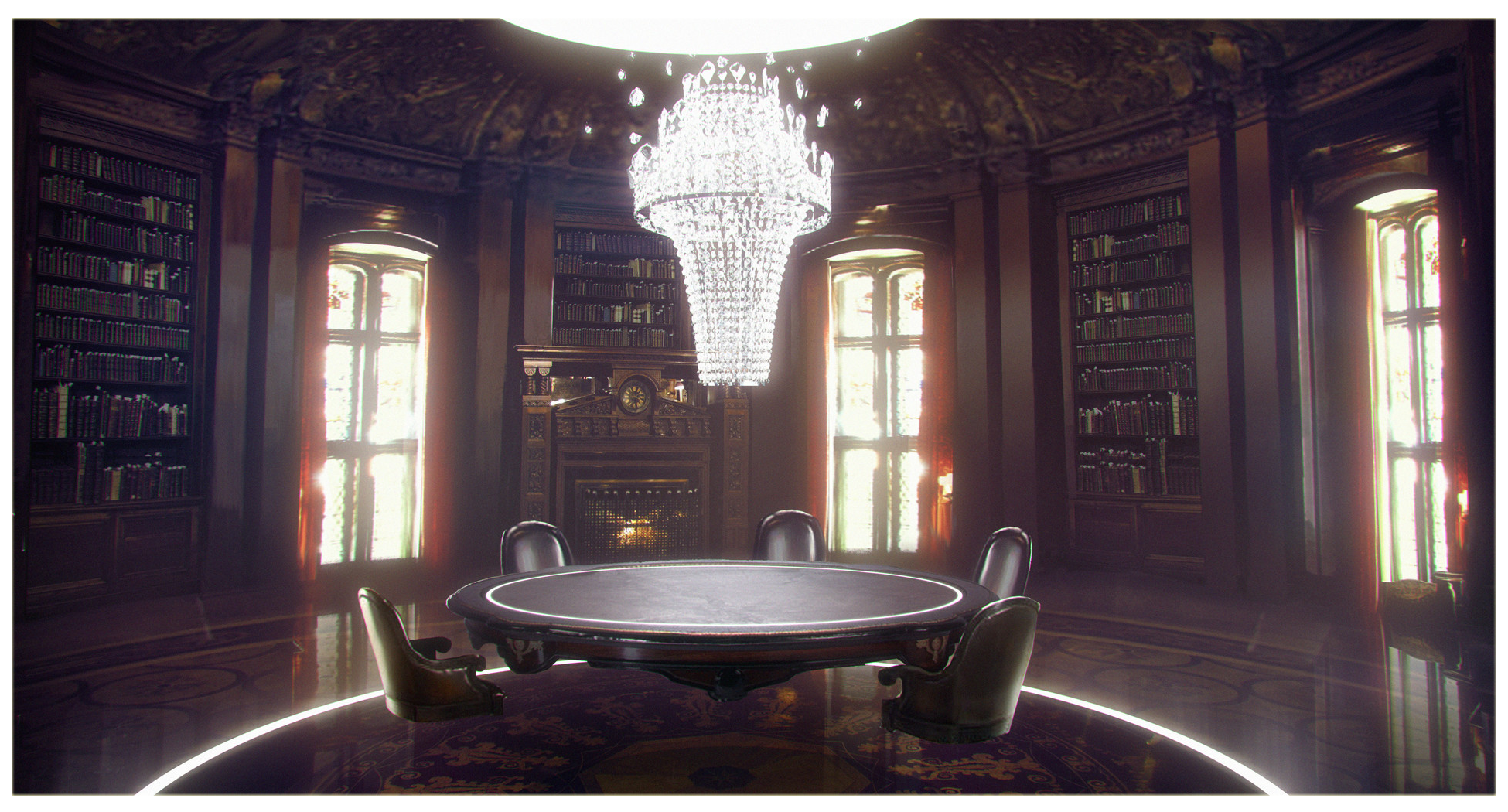
The council meets to discuss and debate a variety of important matters of state behind closed doors, with attendance occurring either at the Lorell Hall's great antechamber of the Royal Council in person, or via a secure holo-communications platform for those off-world, and thus unable to attend.
Reports on the progress of ministry work are also presented to the Prime Minister and the Sovereign, who oversee all discussions and participate when needed.
Although all members of the Royal Council are free to partake in the debates and discussions of matters pertaining to the Consortium's policies, direction, and projects, only the Ministers partake in voting on formal ballots.
Becoming a member of the Royal Council and being bestowed with the considerable executive powers of a government that oversees the lives of hundreds of billions of sentients across numerous star systems, is an accomplishment to be taken as a great honour, as well as a sign of immense trust placed in one's capabilities and qualities, in addition to being an indescribably large responsibility to bear. No one can rule alone, and all members of the Royal Council thus rely on each other for support and on their Sovereign for guidance to be able to fulfil the expectations laid upon them by the people, to effectively govern the Hapes Consortium and the Hapes Cluster together.
If the Sovereign so wishes, he or she may appoint a Fel`da Regalix (Prime Minister). This person can either serve in that role while maintaining jurisdiction over a ministry or ascend to that position exclusively. Hence the number of individuals on the council is never fixed. The Prime Minister functions as a chairman of the Royal Council, tallying votes in debates and tabling matters of importance. Should the Sovereign become absent for an extended period of time, the Prime Minister becomes elevated temporarily by decree to the position of Regent, should no holders of higher office have been named. Under normal circumstances, the Prime Minister holds no direct authority over the operations of the ministries, without specifically instructed so by the Sovereign. In addition, the Prime Minister is expected to report on the meetings to the Sovereign should the latter choose not to be in attendance in the council meetings.
The Sovereign may also decide to appoint Tarix Chume (Lord Regent) to aid him in governing the Consortium, who serves as a co-ruler subordinate to the monarch, and as such holds authority over any Fel`da (Minister) on the Council. This position was initially invented for the sake of Lord Zell Jaak, a Tarix (Grand Duke) whom King James wished to make his Crown Prince. Upon learning of his intentions, Jaak's falleen race caused an uproar among the nobility, leading to the instatement of the position of Lord Regent instead, considered to be a co-ruler, though not an heir apparent. Only three people have held this position in recent history, prior to Gane Lant: Zell Jaak, Alexander Tylger, and Locke Firecam.
If the Sovereign appoints a Crown Prince or Crown Princess, that person is also given a seat on the Royal Council, and as Heir Apparent is considered superior to the Lord Regent or Prime Minister, if appointed, and the other members of the chamber. It is highly unusual for the Sovereign to have both a Lord Regent and a Crown Prince appointed simultaneously, oftenmost signalling ongoing preparations for the Sovereign to abdicate in favour of a chosen successor.
History
The name of Lorell Hall itself has become synonymous with Hapan government since it was completed, and immediately established itself as the central building for governance in the Hapes Consortium in 2449 during the Second Antiquity Era. The Consortium had previously been controlled from the Royal Hapan Palace where the Queen-Mothers and her Royal Advisors would meet with nobility, senior officials and high ranking military officers on a frequent basis.
With the massive expansion of the Hapes Consortium during the Second Expansion Era some four hundred years later, the sheer number of people travelling to the Royal Hapan Palace had rendered the Hapan government sluggish and slow-paced. The creation of Lorell Hall helped relieve some of the pressure on the Queen-Mothers.
Lorell Hall continued to function in this capacity until the final days of the Decline Era when the governing councils and the Hapes Consortium itself splintered. The building was utilized by the Sword Confederacy during the Dark Age for larger meetings, but the building, along with the rest of Ta'a Chume'Dan was the target of numerous large-scale attacks, making it unsafe for periods of time.
During the Phoenix Age, Lorell Hall was used for short periods of time before being renovated in the final days of King Andrew's rule, who till then ruled from the Royal Hapan Palace in much the same ways as the historical Queen-Mothers, with an assembly of advisors and representatives present. When King Andrew became too ill to rule, and the Crown Prince Jessy James was still studying for his upcoming rule, Lord Alexander Tylger was appointed both Regent and Prime Minister, and assembled the first gathering of the Royal Council on 4026 within the Lorell Hall, with the Ministers of Defence, External Affairs and Finance in attendance.
Since then, several now defunct ministries have been represented on the Royal Council; Law, Justice, Trade, Education, and Culture.
Ministries
.png)
The Hapan Government is comprised of ministries, their departments, sections and offices, as well as various other offices and organizations operating outside the purview of the ministries. The organizations that are considered ministries within the government today are those of Defence, External Affairs, Finance, Industry, Intelligence, and the Interior, and are represented on the Royal Council through their appointed Ministers, or, if there is no political appointee, through the Office of the Prime minister, which will then relay pertinent matters from the ministries' leadership to the Royal Council.
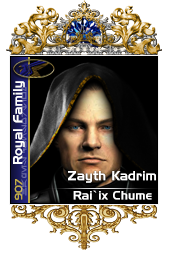

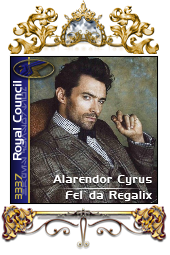

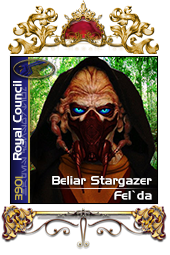

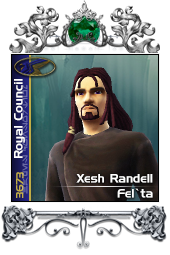
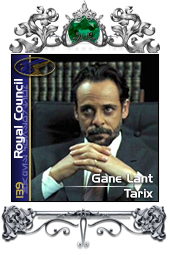

.png)
.png)
.png)
.png)
.png)
.png)